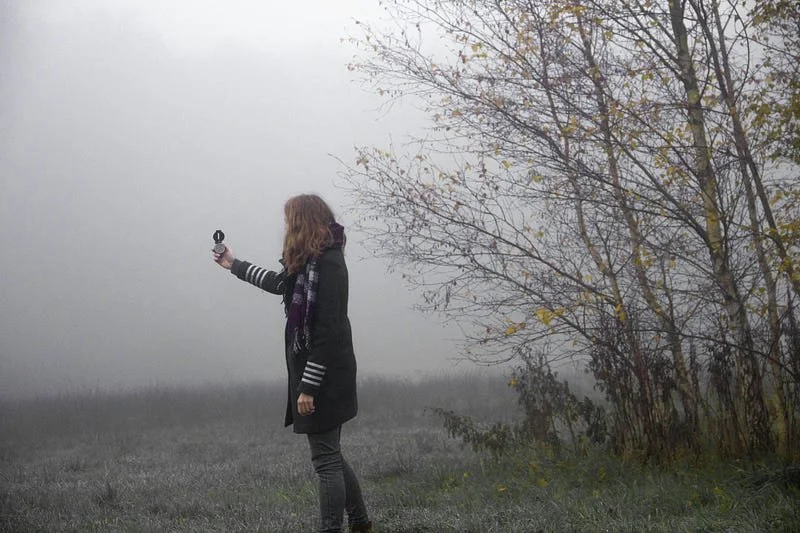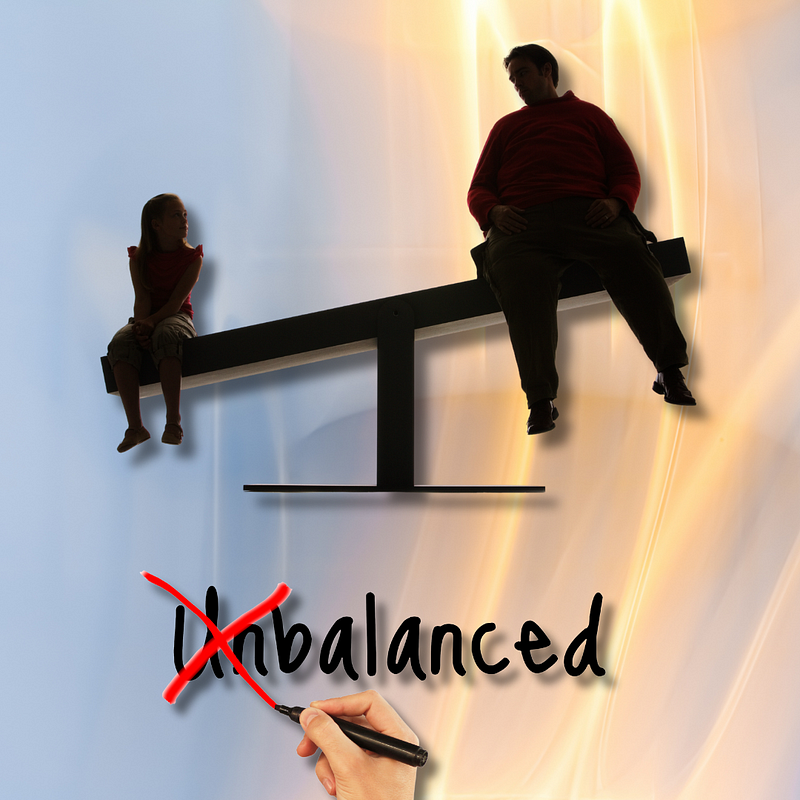Understanding and Navigating Trauma: A Comprehensive Guide for Survivors and Their Loved Ones
“What doesn’t kill you makes you stronger…”
I can’t count how many times I, and my fellow trauma survivors, have heard that by people attempting to help us survivors feel better.
Speaking from personal experience, what happened to me didn’t make me stronger; it actually made me meek, insecure, desperate, self-harming, and self-neglecting.
Trauma affects everyone differently, uniquely, and changes us in many ways, influencing our behavior, emotional responses, and our relationships.
These changes aren't always about becoming stronger; they can involve becoming …
overly accommodating,
tolerating too much,
feeling emotionally cluttered,
forgiving too quickly, and
struggling to assert oneself.
It's important for both trauma survivors and their loved ones to understand these changes.
1. The Urge to Please Everyone
Why It Happens:
After experiencing trauma, you might find yourself trying really hard to make others happy, often at the expense of your own needs.
This behavior often stems from a fear of triggering further conflict or pain.
It's a protective mechanism, a subconscious attempt to avoid situations that could reignite your trauma.
Constantly trying to keep everyone else content can be exhausting and often leads to neglecting your own well-being.
For the Loved Ones:
Watching someone you care about always putting others first can be hard.
Encourage them to express their own needs and feelings.
Remind them that their well-being is just as important as anyone else's.
2. Tolerating Too Much
Why It Happens:
Trauma can make you more tolerant of negative situations than you should be.
Having faced extreme adversity, you might develop a higher threshold for discomfort.
This isn't resilience;
it's a learned response to endure adverse conditions, a coping mechanism developed in environments where you had little or no control.
For the Loved Ones:
Support your loved one in realizing their right to refuse harmful or uncomfortable situations.
Help them understand that they deserve respect and it's okay to set boundaries.
3. Overwhelmed by Emotions
Why It Happens:
Trauma can leave you feeling like you're carrying a heavy emotional load.
This clutter of unresolved feelings, memories, and triggers can be overwhelming, making it challenging to navigate day-to-day emotions.
For the Loved Ones:
Be patient and empathetic.
Understand that healing and processing these emotions takes time.
Offer a stable, calm presence and listen attentively without rushing to provide solutions.
4. Forgiving Too Quickly or Feeling Pressured to Forgive
Why It Happens:
Forgiving too quickly or feeling pressured to forgive can be a way to avoid the pain of dealing with trauma.
It's often easier to forgive than to face the intense emotions involved in holding someone accountable.
This kind of forgiveness isn't about reconciliation;
it's about avoiding further emotional distress.
For the Loved Ones:
Avoid pushing for quick forgiveness.
Understand that healing is complex, and if forgiveness comes, it should be on the survivor's own terms and timeline.
Offer a safe space for them to process their feelings.
5. Difficulty in Speaking Up
Why It Happens:
After trauma, speaking up can be scary.
There might be fear that expressing concerns or needs will lead to negative consequences, stemming from past experiences where speaking out led to harm or dismissal.
This can lead to a pattern of staying silent to avoid potential conflict or hurt.
For the Loved Ones:
Create a safe space for open communication.
Encourage them to voice their thoughts and feelings.
Show that their opinions are valued and respected.
Your support can help them regain confidence in expressing themselves.
6. Excessive Sensitivity
Why It Happens:
Post-trauma, you might become highly sensitive to your surroundings and the emotions of others.
This heightened state of awareness is a form of hyper-vigilance, developed as a means to quickly detect and respond to potential threats.
While it can make you more empathetic, it can also be draining as you may absorb too much from your environment.
For the Loved Ones:
Be understanding of their emotional state.
Help them find strategies to manage this sensitivity, like setting boundaries and engaging in self-care practices that promote emotional grounding.
7. The Challenge of Trust
Photo by Fabian Gieske on Unsplash
Why It Happens:
Trust can be a significant issue for trauma survivors.
There might be fears of being betrayed or let down again.
Rebuilding trust requires experiencing consistent, positive interactions that reinforce safety and reliability.
For the Loved Ones:
Be consistent in your actions and words.
Building trust takes time, so be patient and understanding.
Show through your actions that you are reliable and trustworthy.
8. Navigating Relationships
Why It Happens:
Trauma can complicate how survivors interact in relationships.
They might become overly dependent, fearing abandonment, or overly distant, to avoid getting hurt.
Balancing this can be difficult as they navigate their fears and desires for connection.
For the Loved Ones:
Offer reassurance and stability while respecting their need for space.
Understand that these protective mechanisms are a response to past trauma and require patience and understanding to work through.
9. Struggling with Personal Boundaries
Why It Happens:
Trauma survivors often struggle with setting and maintaining boundaries.
They might find it hard to assert their needs or say no, leading to situations where they feel taken advantage of or overwhelmed.
For the Loved Ones:
Encourage them to define and communicate their boundaries.
Help them understand that it's healthy to have limits and that their needs are important.
10. The Road to Self-Acceptance
Photo by Alexander Grey on Unsplash
Why It Happens:
Trauma can shake one's sense of self-worth and acceptance.
Survivors might battle with self-esteem issues, questioning their value and place in the world.
For the Loved Ones:
Encourage activities that build a positive self-image.
Celebrate their achievements, no matter how small, and constantly remind them of their strengths and capabilities.
Conclusion: A Path Forward Together
Recovery from trauma involves understanding the various ways it has impacted one's life and finding ways to adapt and heal.
For survivors, it's about balancing the need to please others with self-care, managing emotional overload, and approaching forgiveness on their own terms.
For loved ones, your role is to provide support, understanding, patience, and a safe environment.
Healing is not linear and varies for each individual.
It requires time, patience, and often professional guidance.
Together, you can build a mutually supportive and understanding relationship, fostering an environment where growth, deeper connections, and renewed hope are possible.
The journey might be challenging, but it holds opportunities for transformation and empowerment, leading to a fulfilling and balanced life.
. . .
If you’re a survivor of childhood trauma, or you’re a person who truly wants to learn how you can be a better supportive other, reach out and let’s talk about what you can I can do together.
You’re not in this alone.
I’m here when you need me!
Click the link below to schedule a chat











